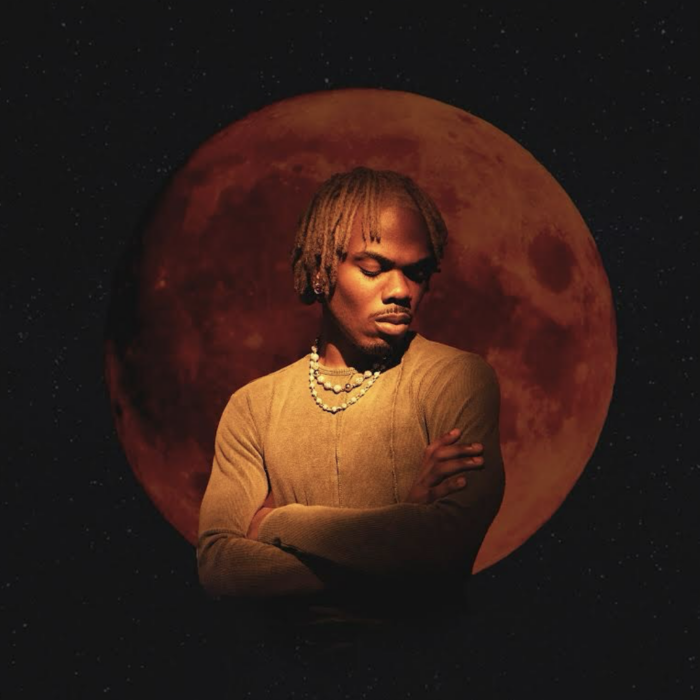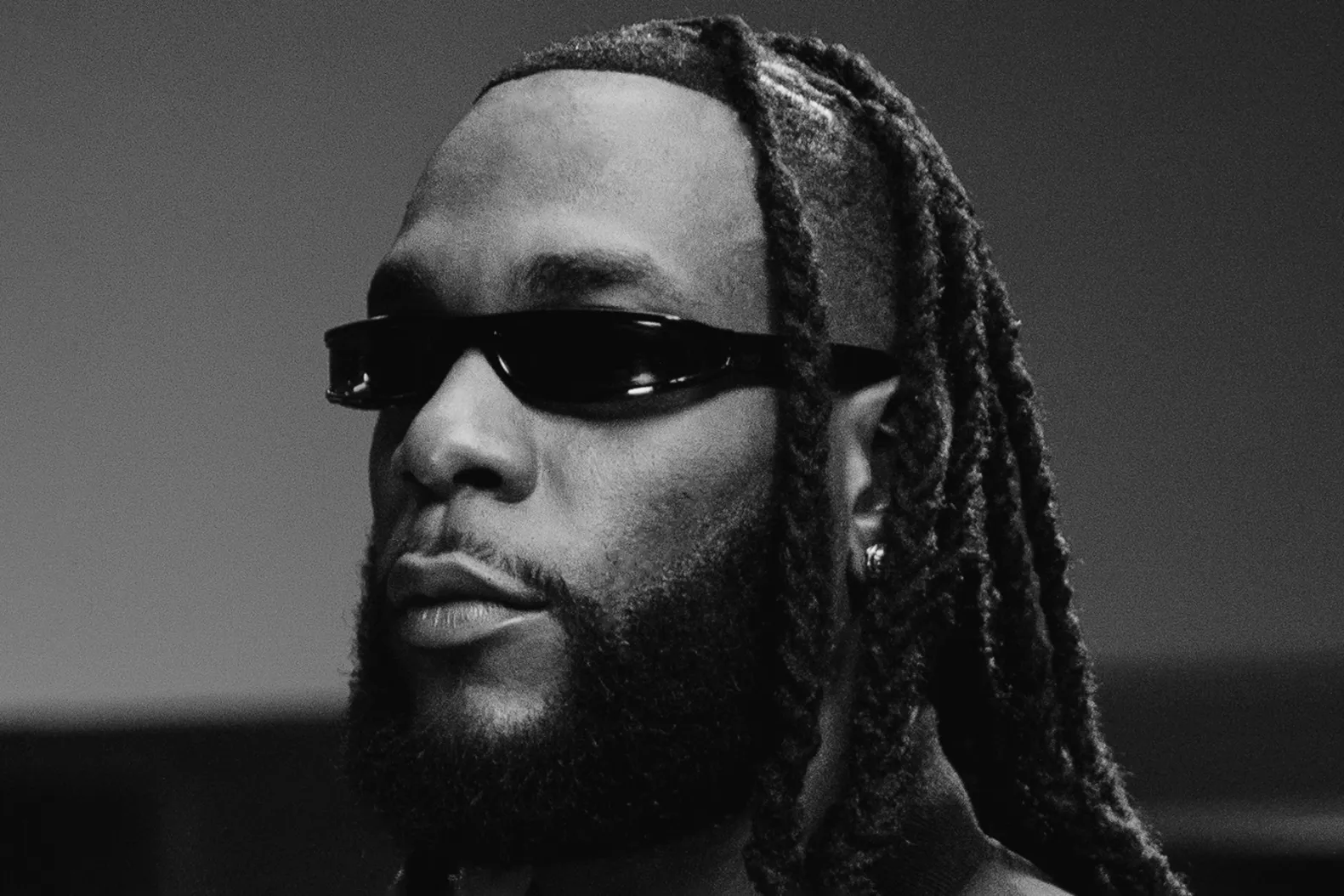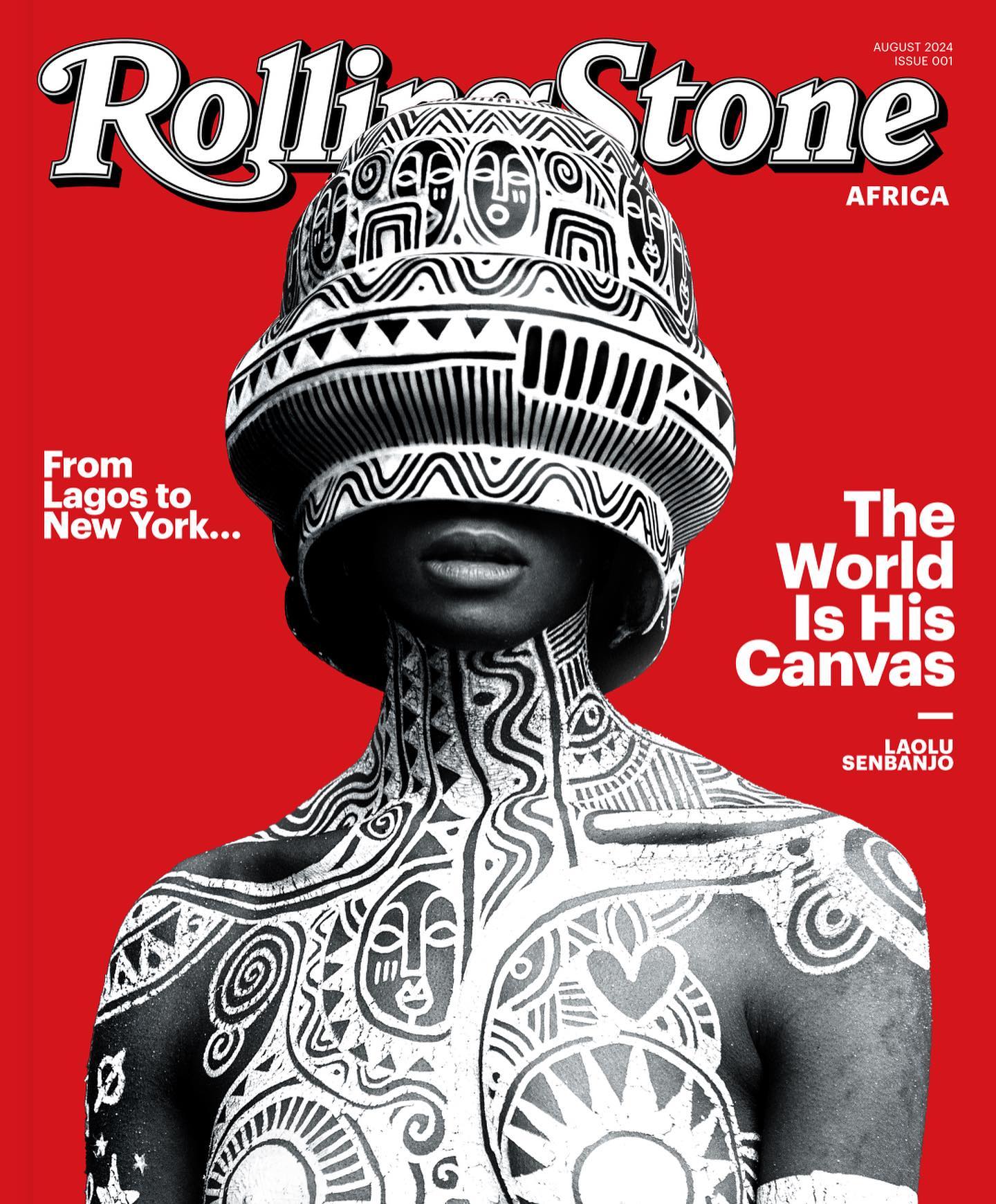


Burna Boy has never been in doubt of his own greatness. It might appear as though he only began to make that known recently, but the Nigerian Afro-fusion artist (he rejects the term Afrobeats), has always been his biggest and most enthusiastic hype person.
When he called out Coachella in 2019 for writing his name in a small font and shelving him in the third row of that year’s lineup, he was just starting to make a name for himself internationally. His tracks “Ye” and “Heaven’s Gate,” the latter featuring Lily Allen, were reasonably successful, building on his sizable influence back home. But when he dubbed himself an “African Giant” in the midst of calling out Coachella, it seemed a little too soon.
Burna Boy, however, wasn’t pretending to be someone he wasn’t. He was providing a glimpse of who he would come to be, as evidenced by the Port-Harcourt native’s latest album, I Told Them….
I Told Them… is a delectably crafted Afropop album filled with moments of braggadocio that feel less like gloating than the return on a promise made. Here, Burna leaves a clear message that he is living up to his self-generated hype, and he wants everyone, especially his naysayers (real and imagined), to bear witness. The album opens with the samba-inspired “I Told Them,” an audacious track that sees Burna boasting over soft guitar strumming and midtempo drums. “I told them I was the realest, but they didn’t believe it/I told them they were gonna see this, for some reason they didn’t believe it,” he sings.
Since he released 2019’s African Giant, the album that properly ushered him toward international stardom, he has made history, becoming the first Nigerian artist to play a fully sold-out show at New York’s Madison Square Garden, and the first African artist to sell out a stadium in the United States. His music has permeated every corner of the globe and the span of his impact is what occupies his mind on this project. The songs on I Told Them… are sharply written but at times also tender, balancing seriousness with moments of levity. In “Cheat on Me,” featuring rapper Dave, Burna concerns himself with the lagging prosperity of his people in Nigeria, advocating for their success and even taking time to criticize international visa politics. “Make embassy no deny my people visa” he sings.
He dances around desire on “Sitting on Top of the World,” featuring 21 Savage, one of the album’s many well-observed love songs, and turns reflective in “Dey Play,” a bouncy Afropop tune enlivened by a catchy hook and instrumentation that seems to have been transplanted from the soundtrack of a mid-2000s Nollywood movie.
Throughout the album, Burna blurs the lines between sounds. In 15 tracks interspersed with clips from the video game Mortal Kombat, a recorded conversation with the late designer Virgil Abloh, and a bit of advice from RZA on a man’s most important “Jewels,” Burna swims in and out of samples, building on different sonic histories, while sticking to the truest sensibilities of Afro-fusion.
in “On Form,” he dips into the same Afropop flavor he perfected on his 2019 hit “Killin Dem,” complete with horns, strings, and a warm, smooth groove. There is a stunning feature from emerging Nigerian artist Seyi Vibez on “Giza” and a slow but memorable reggae-fusion jam on “Tested, Approved & Trusted,” peppered with Burna’s signature pidgin and Yoruba. In “Giza” Burna flexes his mastery of Nigerian street-pop, a gritty, narrative-driven subgenre that’s come to the forefront in his native country’s musical landscape. In “Big 7,” he sings in Pidgin over a classic hip-hop beat. The album is a feast of seemingly unrelated sounds that manage to sit well close to each other. His focused sense of storytelling also gives the album a memoiristic feel, like we’re listening in on Burna Boy during a late Friday evening with close friends as he chats about life, doling out stories and anecdotes, and basking in an infectious sense of accomplishment. The result is a triumphant, blistering, and well-crafted portrait of a man who has managed to prove everybody wrong.
The album would have gone off without a hitch if Burna hadn’t decided to close it out by taking a shot at the people in his home country. On “Thanks,” an admittedly club-ready Afropop number, he accuses his fellow Nigerians of being ungrateful for what he’s done for the country’s image. He admonishes his fans for calling out his various misbehaviors, which include allegations of his bodyguards shooting at a man whose wife refused his advances at a famous club in Lagos, his deplorable treatment of the fans who attend his concerts in Nigeria, and his most recent miseducating opinions on the Afrobeats genre. Even worse, he does this without offering anything to suggest that he’s grown or learned from his past. What Burna seems not to grasp is that most of the criticisms thrown his way aren’t attacks. What he continues to find difficult to understand, despite his incredible talent and staggering self-confidence, is that, if he bothered, he could come to terms with the lines between his actions and the reservations people have about him personally.
Burna Boy seems unable to distinguish criticism from hate, and such surprisingly shallow reasoning threatens to leave a bitter taste at the end of this project. I Told Them… might be a triumphant sonic adventure, but its creator remains stunted, refusing to grow.

He dances around desire on “Sitting on Top of the World,” featuring 21 Savage, one of the album’s many well-observed love songs, and turns reflective in “Dey Play,” a bouncy Afropop tune enlivened by a catchy hook and instrumentation that seems to have been transplanted from the soundtrack of a mid-2000s Nollywood movie.
Throughout the album, Burna blurs the lines between sounds. In 15 tracks interspersed with clips from the video game Mortal Kombat, a recorded conversation with the late designer Virgil Abloh, and a bit of advice from RZA on a man’s most important “Jewels,” Burna swims in and out of samples, building on different sonic histories, while sticking to the truest sensibilities of Afro-fusion.
in “On Form,” he dips into the same Afropop flavor he perfected on his 2019 hit “Killin Dem,” complete with horns, strings, and a warm, smooth groove. There is a stunning feature from emerging Nigerian artist Seyi Vibez on “Giza” and a slow but memorable reggae-fusion jam on “Tested, Approved & Trusted,” peppered with Burna’s signature pidgin and Yoruba. In “Giza” Burna flexes his mastery of Nigerian street-pop, a gritty, narrative-driven subgenre that’s come to the forefront in his native country’s musical landscape. In “Big 7,” he sings in Pidgin over a classic hip-hop beat. The album is a feast of seemingly unrelated sounds that manage to sit well close to each other. His focused sense of storytelling also gives the album a memoiristic feel, like we’re listening in on Burna Boy during a late Friday evening with close friends as he chats about life, doling out stories and anecdotes, and basking in an infectious sense of accomplishment. The result is a triumphant, blistering, and well-crafted portrait of a man who has managed to prove everybody wrong.


Senators Press Pentagon for Answers on Rash of Overdose Deaths

BTS’ Label Says They’ve Filed a Criminal Complaint Against Internet Troll Spreading ‘Ill-Intentioned Rumor’

Conservatives Are Melting Down Because Lizzo Played James Madison’s Crystal Flute

How to Help Hurricane Ian Victims in Florida, Puerto Rico, Cuba, and Dominican Republic
The album would have gone off without a hitch if Burna hadn’t decided to close it out by taking a shot at the people in his home country. On “Thanks,” an admittedly club-ready Afropop number, he accuses his fellow Nigerians of being ungrateful for what he’s done for the country’s image. He admonishes his fans for calling out his various misbehaviors, which include allegations of his bodyguards shooting at a man whose wife refused his advances at a famous club in Lagos, his deplorable treatment of the fans who attend his concerts in Nigeria, and his most recent miseducating opinions on the Afrobeats genre. Even worse, he does this without offering anything to suggest that he’s grown or learned from his past. What Burna seems not to grasp is that most of the criticisms thrown his way aren’t attacks. What he continues to find difficult to understand, despite his incredible talent and staggering self-confidence, is that, if he bothered, he could come to terms with the lines between his actions and the reservations people have about him personally.
Burna Boy seems unable to distinguish criticism from hate, and such surprisingly shallow reasoning threatens to leave a bitter taste at the end of this project. I Told Them… might be a triumphant sonic adventure, but its creator remains stunted, refusing to grow.



© Copyright Rolling Stone Africa 2024. Rolling Stone Africa is published by Mwankom Group Ltd under license from Rolling Stone, LLC, a subsidiary of Penske Media Corporation.
By providing your information, you agree to our Terms of Use and our Privacy Policy. We use vendors that may also process your information to help provide our services.
By registering for our sites and services, you agree to our Terms of Service (including, as applicable, the mandatory arbitration and class action waiver provisions) and our Privacy Policy.
We use vendors that may also process your information to help provide our services.
This site is protected by reCAPTCHA and the Google Privacy Policy and Terms of Service apply.
By providing your information, you agree to our Terms of Use and our Privacy Policy. We use vendors that may also process your information to help provide our services.